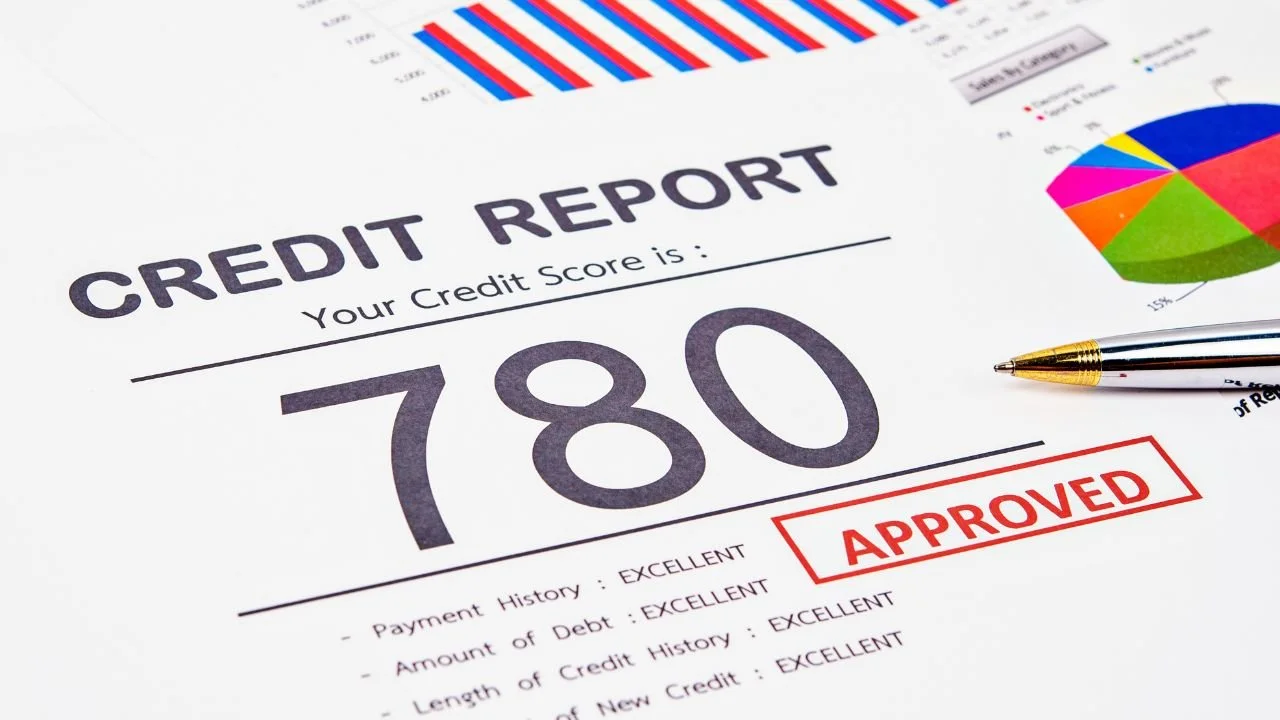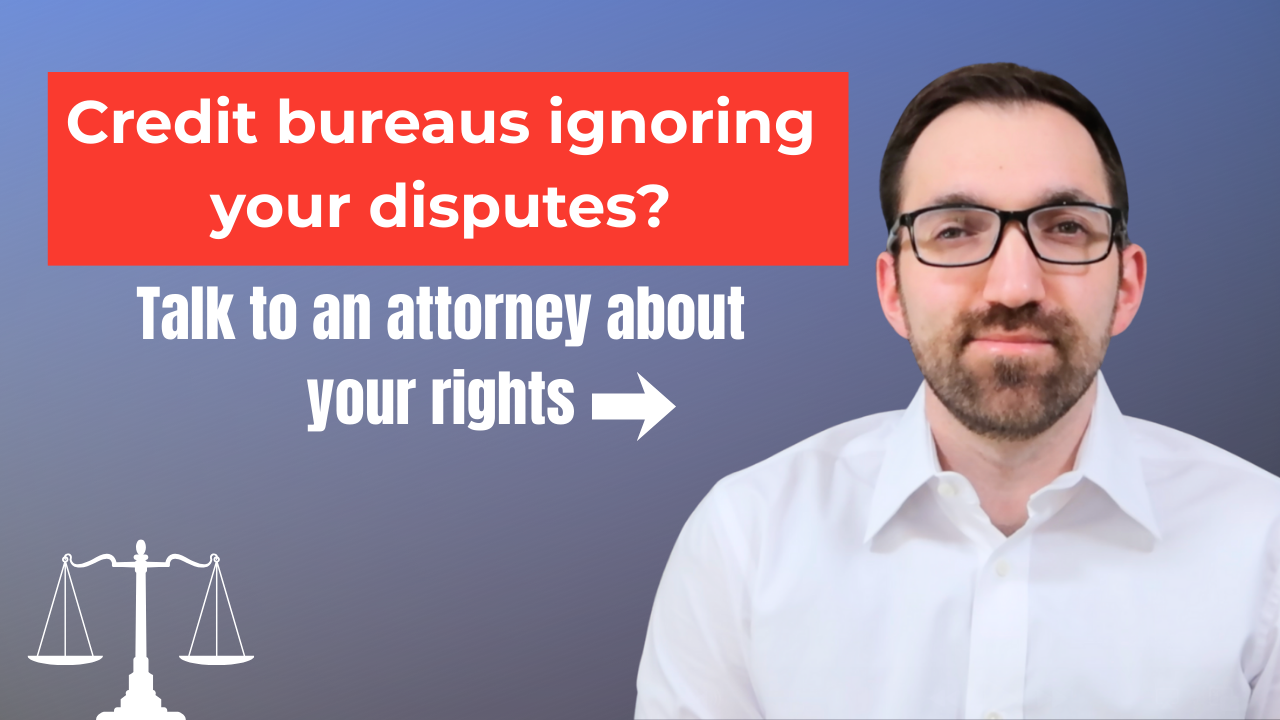Remove Derogatory Marks from Credit Report: Know Your Legal Options
Having derogatory marks on your credit report can be frustrating, especially if they're affecting your financial goals. But before taking action, you need to understand whether the derogatory information is accurate or inaccurate, as this significantly influences your options for removal. In this comprehensive guide, we'll clearly outline how to remove derogatory marks from your credit report based on the nature of the information.
What Are Derogatory Marks?
Derogatory marks are negative items that appear on a credit report. Examples include late payments, collections, charge-offs, repossessions, or bankruptcies. These marks can significantly lower your credit score and affect your ability to secure loans or favorable interest rates.
Nobody wants this information on their credit report. But life happens and all of us will have something unfavorable on our credit reports from time-to-time. But the credit industry is humongous and credit bureaus, as well as lenders, make mistakes.
What you do about negative information on your credit report will all depend on this simple question - should the mark be there or not?
How to Get Derogatory Marks Removed from Credit Report if they're Inaccurate
If the derogatory mark on your report is incorrect, outdated, or otherwise inaccurate, the Fair Credit Reporting Act (FCRA) provides clear legal steps for removing it. The first step is to dispute the inaccurate information with the three major credit bureaus - Experian, Equifax, and TransUnion.
Write a detailed dispute letter to the credit bureaus explaining the inaccuracy and include all of your relevant documentation. For step-by-step guidance on how to submit a dispute, see our guide on How to Fix Credit Report Mistakes.
Credit bureaus generally have 30 days to investigate disputes. If any of the credit bureaus don’t correct the inaccurate information after this 30-day period, you have the right to file a lawsuit against the credit bureau and creditor still reporting the inaccuracy.
Although finding false information on your credit report can be stressful, the law really is on your side. If the information is genuinely inaccurate, you will likely get it removed, either through the dispute process or by filing a lawsuit later on.
But most people are not familiar with their rights under the FCRA. This is why it’s so crucial to hire a consumer protection attorney to fight on your side. Not only can an experienced attorney help you get your credit report fixed but they may also able to recover monetary damages on your behalf if the error was not fixed after a dispute.
How to Get Rid of Derogatory Marks on Credit Report if they're Accurate
If a derogatory mark is accurate, your options are more limited. Oftentimes, the best thing you can do is nothing. This is not what most people want to hear but it is better than making things worse for yourself, which is something I see many consumers do.
There are many shady companies out there that promise to remove derogatory marks - regardless if this information is accurate or not. These claims are often misleading at best and illegal at worst. These characters prey on desperate consumers who are looking to get approved for a house or improve their credit scores. Be on the lookout for these scammers.
However, there are legitimate strategies to mitigate the impact of accurate derogatory marks. The first option is to simply wait-it-out. Most derogatory items remain on your credit report for about 7 years with bankruptcies being the only exception, which can remain up to 10 years. For more insight on this topic, see the following post - When do Derogatory Marks Fall of?
If you have an otherwise strong payment history and have paid off the debt, another option is to request a goodwill removal from the creditor. Politely explain your circumstances and request that the mark be removed as a courtesy. Pursuing this method can’t hurt but it is time-consuming and it can be extremely challenging getting in contact with an actual human being who can help you.
The last option is entering into a pay-for delete agreement. In this method, you pay the creditor to remove the derogatory mark. This may not be the best approach however for two reasons:
Credit bureaus discourage the practice and don’t always honor these agreements; and
Once you pay off the account and there is a $0 balance, there is likely not as much of an impact on your credit score anyway.
Final Thoughts: Protecting Your Credit Report
Removing derogatory marks from your credit report starts with clarity: is the information wrong, or is it simply unflattering but true? If it’s inaccurate, you have every right to dispute it and you have legal protections to back you up. If it’s accurate, shift your focus to damage control and rebuilding over time.
No service can legally erase accurate negative information, and anyone who claims otherwise isn’t being honest. But that doesn’t mean you’re stuck. You have options, and in many cases, the passage of time paired with smart financial habits can be just as powerful as any quick fix.
If you've tried disputing an error and the problem still hasn’t been resolved, you're not alone and you may have legal options. At Reznik Consumer Law, we help people protect their credit reports and assert their rights under the law.



